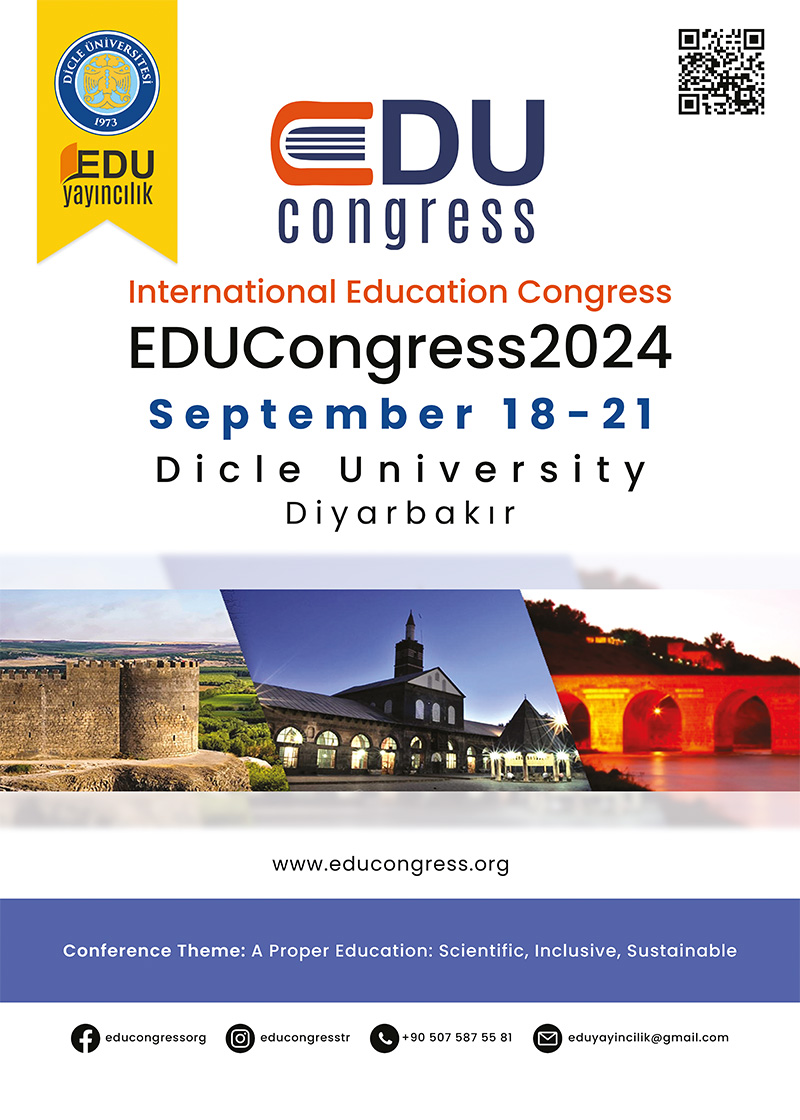Fostering Innovation in Integrated Mixed Methods Autoethnography: The Role of Critical Dialectical Pluralism and the Radical Middle
DOI:
https://doi.org/10.59455/jomes.2024.9.5Keywords:
Critical dialectical pluralism, radical middle, autoethnography, mixed methods autoethnography, integrated mixed methods autoethnography, 1 1 = 1 integration, partial integration, full(er) integrationAbstract
In this reflective article, we—Tony and Sandra—delve into our personal and collaborative journey exploring the
integration of critical dialectical pluralism (CDP) with Tony’s call for of mixed methods researchers to move
towards the radical middle, a journey that has led us to develop what we now refer to as integrated mixed methods
autoethnography. From its inception as CDP 1.0 through to its evolved, more enriched form as CDP 2.0, we have
witnessed and nurtured the growth of a methodology that not only champions rigorous research practices, but also
deeply embeds the values of social justice, inclusion, diversity, equity, and social responsibility—elements that
we collectively identify as the SIDES of CDP 2.0. This evolution reflects a personal and professional alignment
with the radical middle—a term I (Tony) have coined to describe a philosophy that embraces a dynamic and fluid
integration of qualitative and quantitative research approaches. This philosophy enriches research outcomes and
amplifies their impact on society. The radical middle’s ethos encourages a seamless interplay of methodologies,
which is crucial for capturing the intricate textures of personal and cultural narratives within the framework of
integrated mixed methods autoethnography. Our narrative here underscores how CDP fosters a participatory
research environment wherein diverse methodological and philosophical approaches are interwoven (i.e., 1 + 1 =
1 integration) rather than merely placed side by side (i.e., 1 + 1 = 3 integration). This integration allows for a
profound engagement with complex social phenomena, especially through the autoethnographic lens that
prioritizes personal narratives entangled with broader cultural and societal frameworks. By advocating for what
we term as third space of methodological integration, the amalgamation of CDP and the radical middle cultivates
a unique and transformative research milieu. This environment not only is methodologically sound, but also is
ethically committed to social transformation. Such a framework deepens and broadens the scope of our research
findings and also ensures that the research process, itself, actively contributes to positive societal change.
Therefore, this philosophy stands as a pivotal meta-framework for future studies that employ integrated mixed
methods autoethnography, pushing the boundaries of traditional research to include comprehensive,
transformative approaches that resonate deeply with both researchers and participants alike





